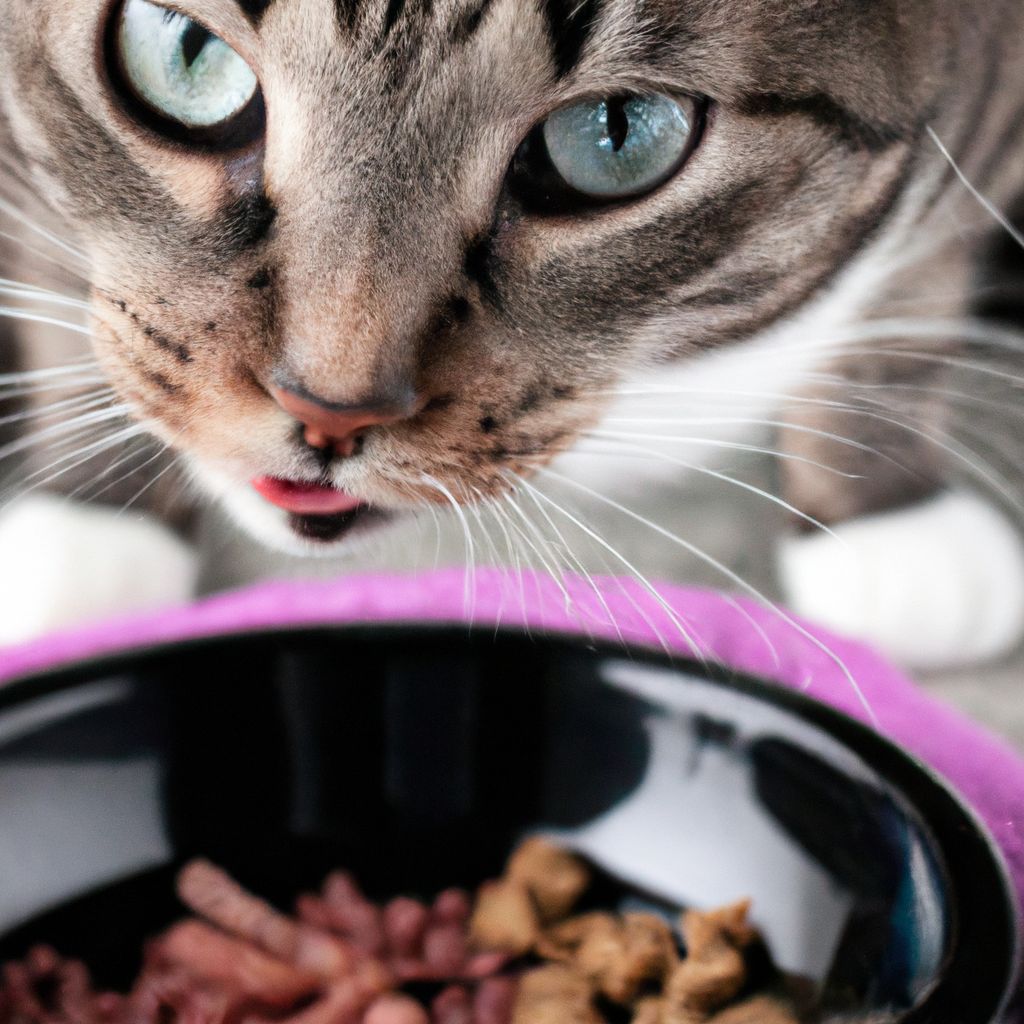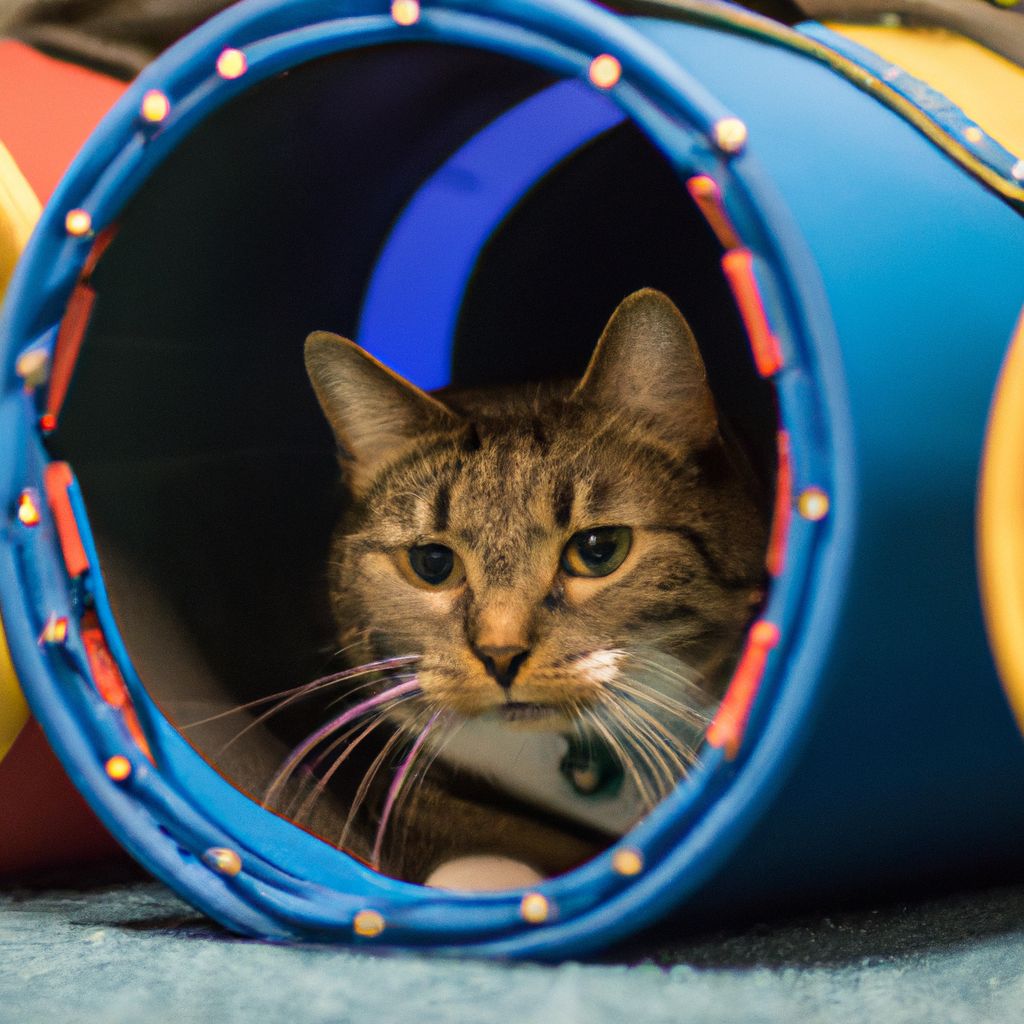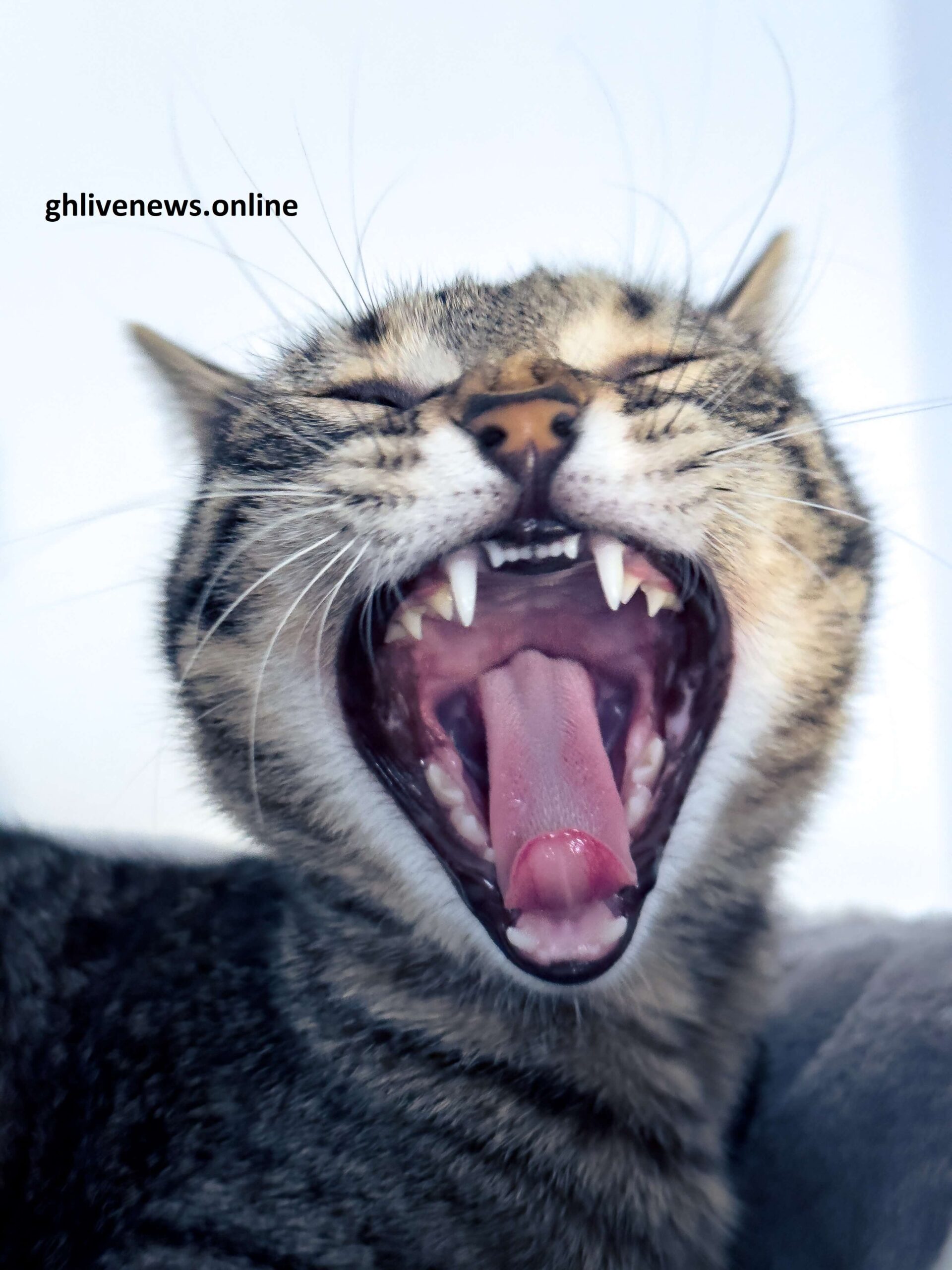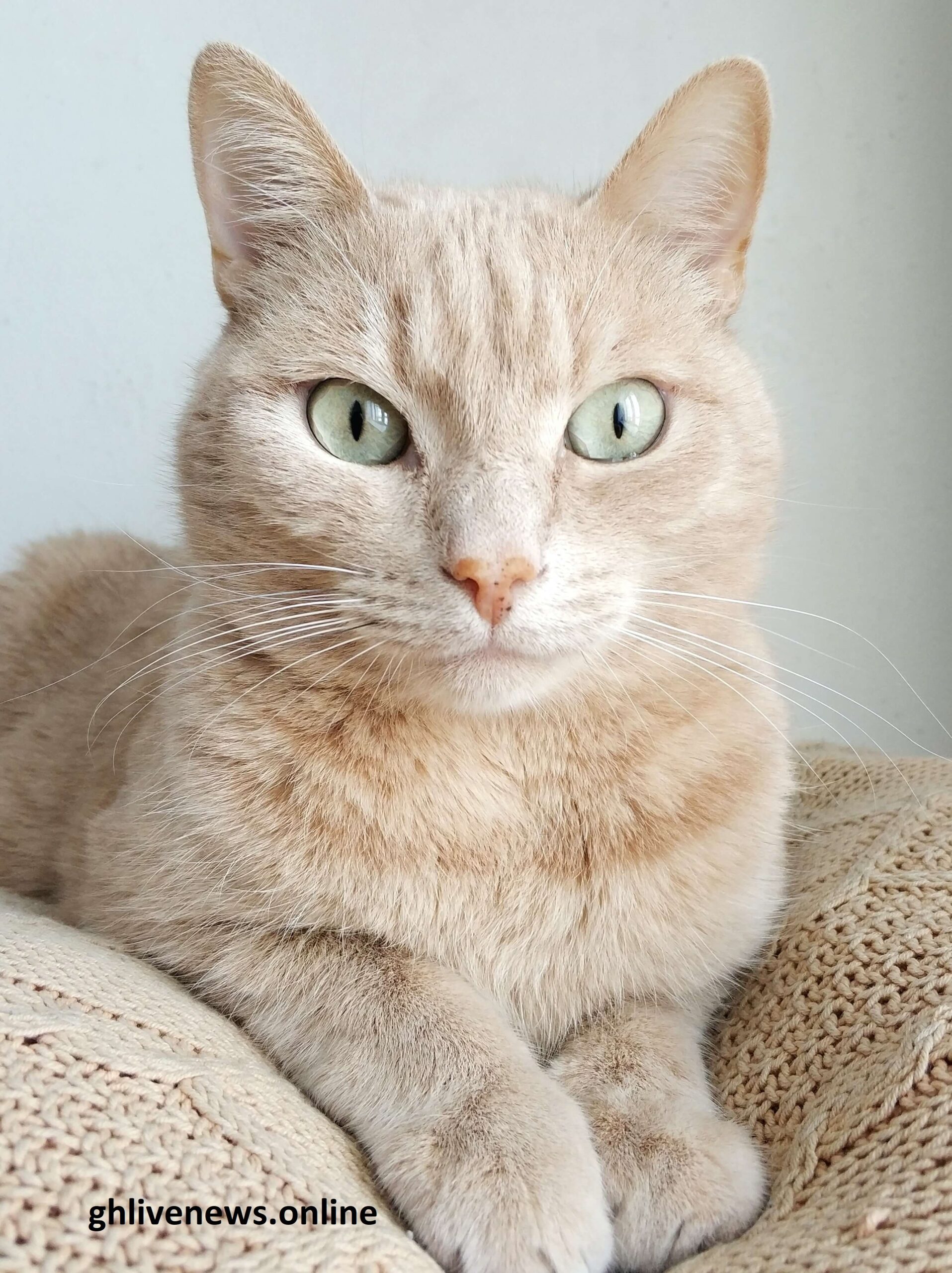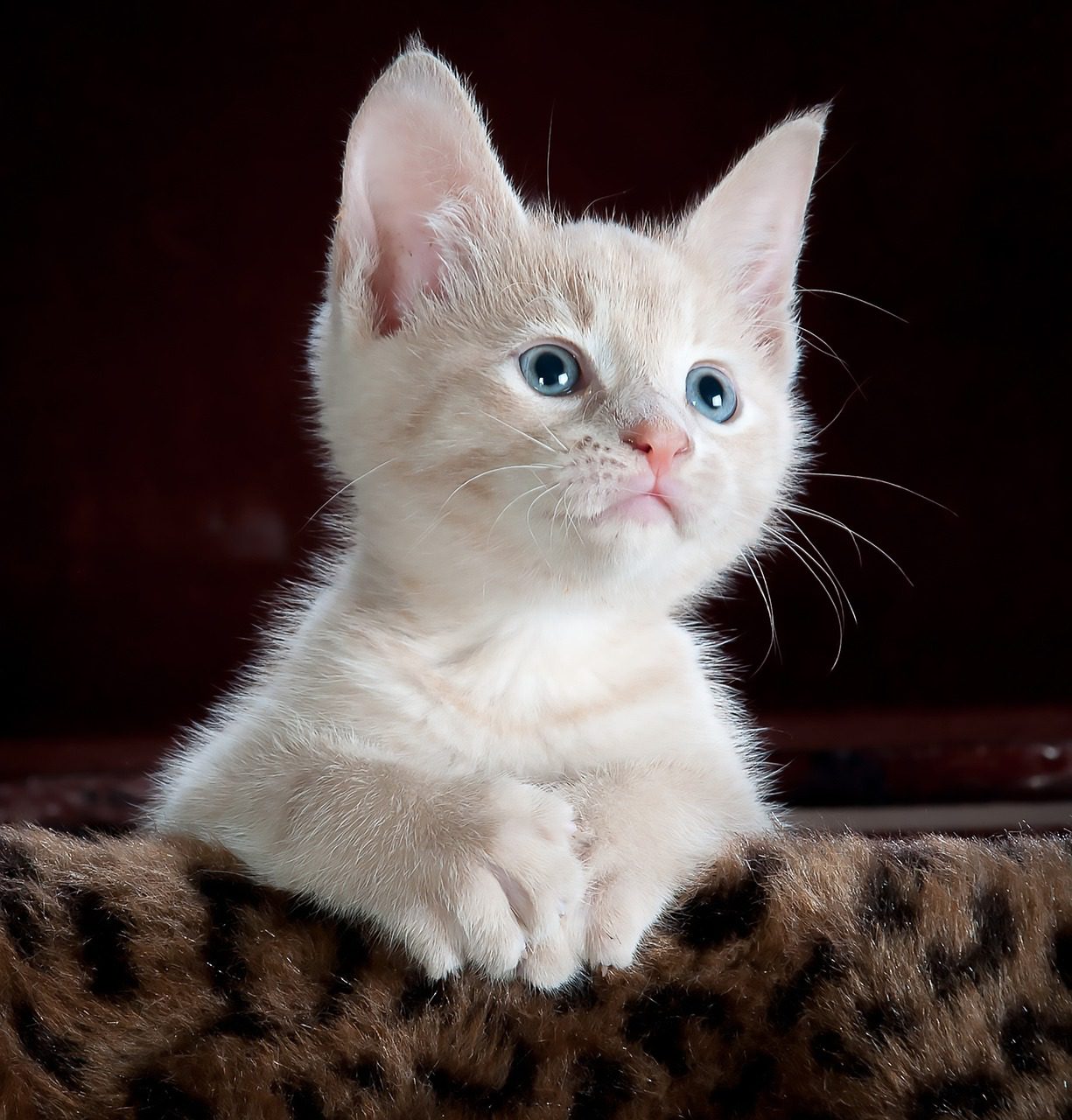.jpg)
The Importance of Proper Nutrition for Your Cat
Nutrition is key for your cat’s health. Cats need a balanced diet of essential nutrients and vitamins. High-quality food that suits their needs can help prevent health issues and promote vitality.
Cats are obligate carnivores. They need animal-based proteins. Plus, they need certain essential amino acids like taurine and arginine, found in meat.
It’s important to give cats a variety of meals. Feeding them the same food every day may not give them all they need. Wet food alongside dry kibble helps increase water intake, which is important for kidney function.
My own cat once had dull fur and low energy. After consulting the vet, it was discovered that her diet lacked essential nutrients. Switching to a balanced and nutritious cat food made a huge difference – her coat was shiny, she had energy, and her playful spirit returned.
As pet owners, nutrition is vital for cats’ health and happiness. With proper diet and weight, we can make sure they have long and healthy lives.
Understanding Your Cat’s Dietary Needs
Cats need a specific diet to stay healthy. The table below shows how much of each nutrient they need daily.
| Nutrient | Daily Requirement |
|---|---|
| Protein | 20 grams |
| Fat | 5 grams |
| Carbohydrates | 10 grams |
| Vitamins | A, B, C |
| Minerals | Iron, Calcium |
Including these amounts in meals will help cats grow and stay healthy. Cats need more protein than some other animals because they are ‘obligate carnivores’. This means they need animal-based proteins to digest and absorb nutrients better.
For centuries, people have known how important it is to feed cats animal-based proteins. Ancient civilizations like Egypt even worshipped cats!
By understanding your cat’s dietary needs and providing a balanced diet, you are helping them stay healthy and happy. Ask your vet for advice tailored to your cat’s needs. Don’t forget – cats won’t pretend they like something just to get your vote!
Choosing the Right Cat Food
Choosing the right cat food is essential for your feline friend’s health. Here are three points to consider:
- Dietary needs – Cats need a diet rich in animal protein. Look for cat food with a high-quality source of animal protein as the first ingredient.
- Nutritional balance – Find cat food with a proper balance of vitamins, minerals, and amino acids. Opt for formulas that have gone through feeding trials.
- Age and health – Choose food according to your cat’s age, size, and health concerns. Consult a vet if you need help with specialized diets.
Look for cat food brands with good reputation and safety standards. Research the ingredients and avoid fillers and low-quality ingredients. Read product labels and watch out for additives and artificial preservatives. Every cat is unique, so what works for one may not work for another. If signs of dietary intolerance or allergies appear, consult your vet.
Be aware that according to the ASPCA, some foods like onions and garlic can be toxic to cats and should be avoided. Mealtime is the only thing my cat loves more than her naps!
Establishing a Feeding Schedule
Cats love a consistent meal plan. To keep your kitty friend content, use these four rules:
- Offer Meals: Give your cat the right amount of food, based on age and diet needs. This helps them get enough nourishment.
- Portion Control: Divide the food into smaller servings to prevent over or under-eating. This helps maintain a healthy weight.
- Set Times: Pick specific mealtimes that suit your cat’s natural eating habits. Consistency is key, as cats are creatures of habit.
- Keep an Eye: Monitor your cat’s appetite, and adjust their portion size or meal frequency if needed. Activity levels, age, or health can affect their schedule.
Don’t forget to give water too. It’s essential for cats.
A feeding routine makes your pet feel secure and helps their overall well-being. With these tips, you can make sure your cat is getting the best nutrition.
Addressing Common Feeding Issues
Feeding your cat can be tricky! Here are some common issues and how to tackle them:
- Portion control: Not sure how much to give? Ask your vet for advice.
- Picky eaters: Try different flavors and textures. Rotate their meals too!
- Food allergies: Watch out for vomiting or diarrhea. Your vet can help with hypoallergenic options.
- Feeding multiple cats: Give each cat their own space – no competition for food!
Wet food is better than dry kibble – it has more water which helps hydrate cats. And did you know cats have fewer taste buds than other animals? Sprinkle some fish oil on their food for a seafood feast!
Supplementing Your Cat’s Diet
Sprucing up your kitty’s diet can provide multiple advantages for their overall wellbeing. Here are 3 points to consider:
- Protein-rich Supplements: Adding protein-rich add-ons, such as cooked chicken or fish, can help meet your cat’s high protein needs.
- Essential Fatty Acids: Omega-3 and omega-6 fatty acids found in fish oil or flaxseed oil are vital for a healthy coat and skin. They can be added to your cat’s food.
- Joint Health: Supplements such as glucosamine and chondroitin promote joint health, particularly for older cats or those with arthritis.
It’s important to chat with your vet before introducing any new supplements. That way, you can make sure they fit your cat’s individual needs.
Fascinating fact: In the past, supplementing a cat’s diet was not a regular thing. But, with progress in feline nutrition research and recognizing the advantages of certain supplements, it has become more common among owners who want to upgrade their cats’ health.
Is your cat healthy? Just remember, if a well-balanced diet can’t do the trick, try tempting them with treats—it works on humans too!
Monitoring Your Cat’s Health and Well-being
Keeping tabs on your fur-friend’s health is essential for their contentment. Regular checks are key to keeping them healthy. Here are some points to remember when monitoring your cat’s health:
- Veterinary Check-ups: Schedule visits with your vet for vaccinations and to spot any health problems.
- Weight: Monitor their weight and speak to your vet about a healthy feeding plan.
- Oral Health: Look out for bad breath, bleeding gums, and trouble eating. Cleaning teeth can avoid future issues.
- Behavior: Cats often mask their discomfort. Pay attention to changes like aggression or laziness which could signal an underlying health problem.
- Environment: Provide your cat with a safe and stimulating space. This prevents stress-related health issues.
Also, keep an eye out for other aspects that might affect your cat’s well-being. This includes litter box habits, grooming, and a balanced diet.
An example of the importance of monitoring a cat’s health is when an owner noticed their normally playful feline becoming distant. The vet diagnosed a urinary tract infection. Thanks to the owner paying attention to their pet’s behaviour, they got prompt treatment, resulting in a full recovery.
Remember, by staying alert and getting professional advice from your vet, you can guarantee your cat lives a happy and healthy life.
Conclusion: A good diet helps cats live out all nine of their lives!
Conclusion: Providing Well-Balanced Nutrition for a Happy and Healthy Cat
Providing nutrition for your cat is essential. You must understand how it affects their health. Feed them a balanced diet with high-quality cat food. Seek advice from a vet to get the right diet. Cats are carnivores so include lean meats, like chicken or turkey. Hydration is necessary too – provide fresh water and wet food. Grooming is also important – brush your cat regularly to avoid hairballs. Make mealtime fun with interactive toys or puzzle feeders. This helps with obesity and digestion. Start implementing these tips today to give your beloved cat a long and healthy life!
Frequently Asked Questions
FAQ 1:
Q: What kind of diet should I provide for my cat?
A: Cats are obligate carnivores, and their diet should primarily consist of high-quality animal protein. It is best to feed them a balanced commercial cat food that meets their nutritional needs.
FAQ 2:
Q: How much should I feed my cat?
A: The amount of food to feed your cat depends on factors such as their age, weight, activity level, and metabolic rate. It is essential to follow the feeding guidelines provided by the cat food manufacturer and adjust as necessary to maintain a healthy weight.
FAQ 3:
Q: Can I feed my cat a vegetarian or vegan diet?
A: It is not recommended to feed cats a vegetarian or vegan diet as they require specific nutrients like taurine, arachidonic acid, and vitamin B12 that are primarily found in animal-based ingredients. Consulting with a veterinarian is crucial for determining the most appropriate diet for your cat.
FAQ 4:
Q: Should I free-feed my cat by leaving food out all day?
A: Free-feeding may lead to overeating and obesity in cats. It is generally recommended to establish a feeding schedule and provide measured portions of food at designated meal times, usually 2-3 times a day.
FAQ 5:
Q: Can I give my cat human food leftovers as a treat?
A: While some human foods are safe for cats in small amounts, many can be toxic or unhealthy for them. It is best to offer specially formulated cat treats or consult with a veterinarian to determine safe and appropriate treats for your cat.
FAQ 6:
Q: Should I provide a water bowl alongside my cat’s food?
A: Yes, it is essential to have a separate clean water bowl available for your cat at all times. Cats often prefer to drink water away from their feeding area, so placing the water bowl in a different location is advisable.
